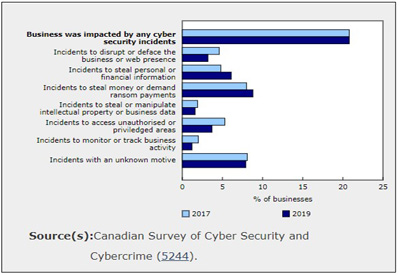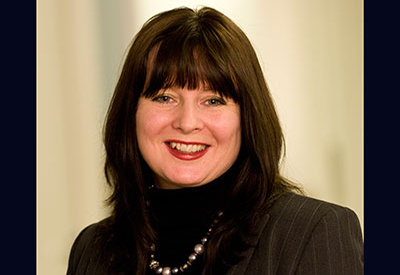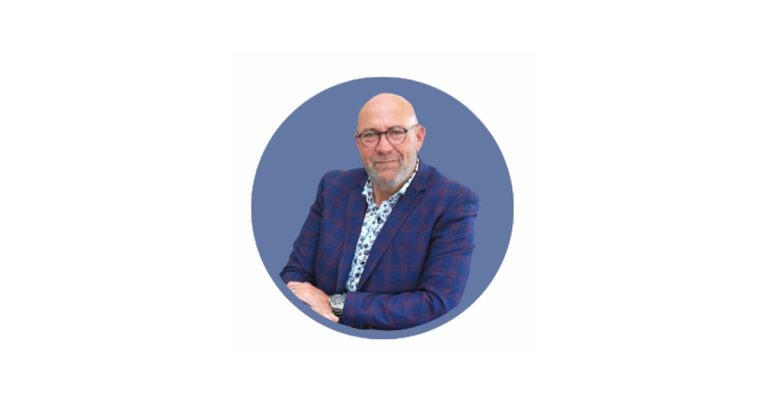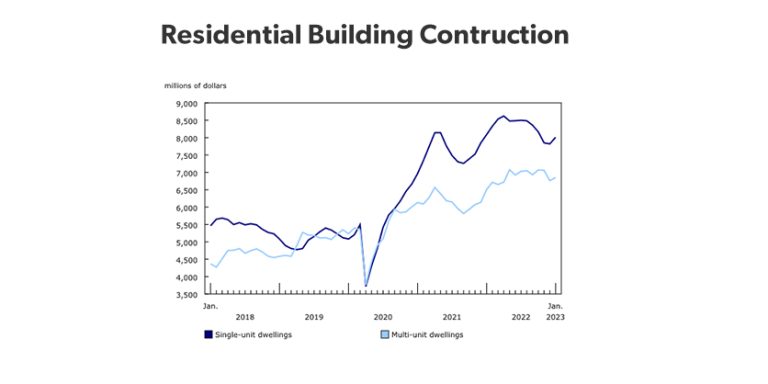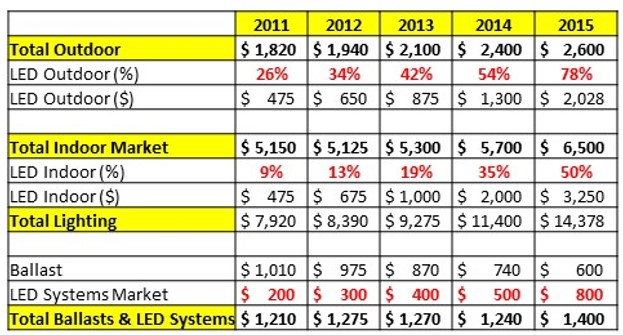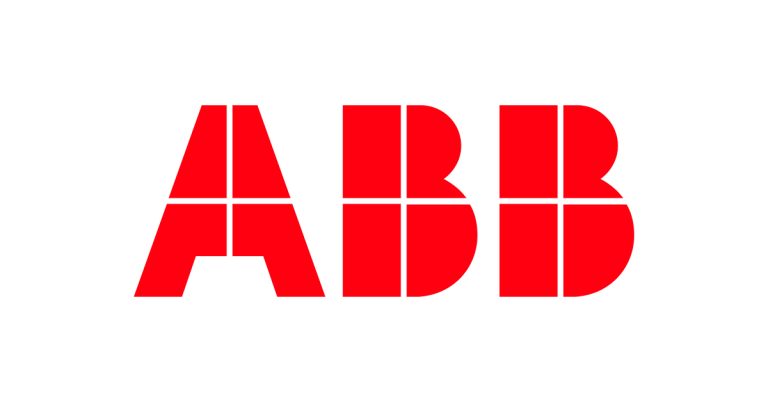Breaking Barriers: Kimberly Corlett’s Journey in Shaping an Inclusive Construction Industry
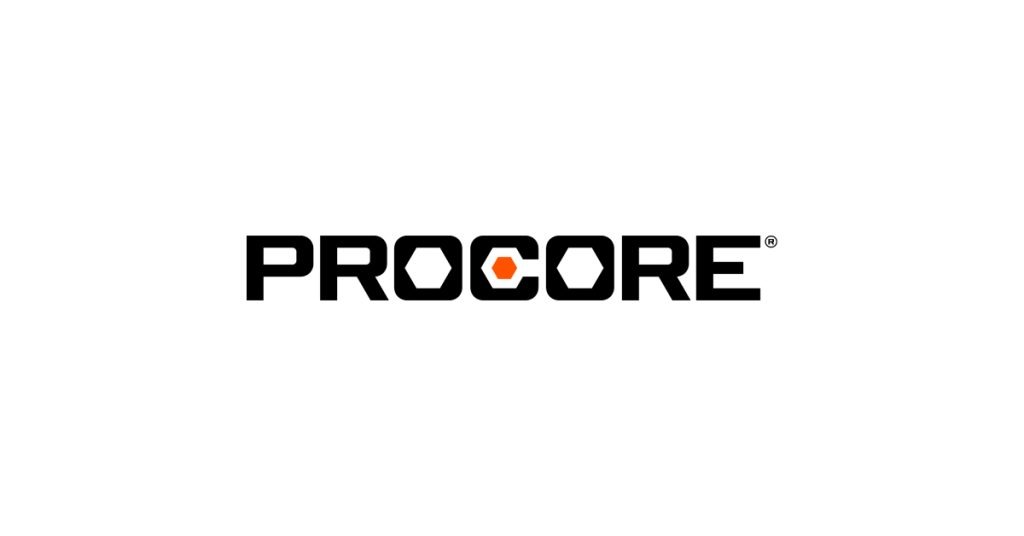
May 15, 2024
By Elle Bremmer
March 8th marked International Women’s Day with discussions on gender equality and inclusivity resonating across the globe. In a country like Canada, known for its emphasis on diversity and innovation, the active involvement of women and marginalized groups not only enhances the industry but also shapes its significance. To explore this theme further, we interviewed Kimberly Corlett, Industry Partnership Manager at Procore Technologies, whose story challenges stereotypes and highlights the positive impact of inclusivity in our professional communities.

Corlett was born in the Philippines, raised in Chicago and then later moved to Burlington, Ontario. From a young age, she says she found herself “drawn to the arts”, particularly captivated by the intricacies of buildings and their history. She describes touching a brick wall of a building, imagining its history and how it was constructed. From there, her passion was ignited, and she began an exploration of her career journey into construction, engineering, and architecture.
“I approached my parents and said, ‘Hey, I’m going to pursue a field in architectural technology. I got into this program and I’m going to put myself through school.’”
With her Filipino background and upbringing, Corlett describes the pressure she faced from her family to enter the medical field instead. Though she was met with skepticism about her choice, she remained dedicated to her career direction, particularly inspired by her stepfather’s work in the technology industry. She pursued her career in construction, working multiple jobs and supporting herself to fund her education in architectural technology at Sheridan College. Her love of learning and knowledge proves to be an active theme of Corlett’s life.
“To me, knowledge is more rewarding than grades. I am a lifelong, passionate, and continuous learner. I love to learn. I feel that we don’t get to learn for the sake of enjoyment, and I think that’s something we should be applying, especially if we want to go into a new career.”
She also knew that following her dreams wouldn’t come easy.
“I knew I had to bring myself to pursue what I really wanted. I needed to work. So, I had three jobs. I was a Tim Horton’s baker in the morning. I was also working in the city, picking up garbage, and I worked at a factory putting tags inside clothing as well.”
Like many other young people, but especially women in the early stages of their careers, she faced the challenge of proving herself in the industry after completing her post-secondary studies. Despite her lack of experience, she was determined to learn and contribute, yet finding a mentor to recognize her potential was a difficult task.
Corlett’s Start in the Industry
Beginning in architectural model making, crafting displays for housing showcases, she later transitioned to an engineering firm where she focused on wind turbines and their impact on structures. A pivotal career moment came when Corlett seized the opportunity to become a building surveyor, despite initial setbacks in a failed interview at an esteemed architecture firm.

Laughing, she shared the story about the initial failure that ended up leading to a resoundingly positive career milestone.
“I was presenting in front of four people—and to me at the time, that was very intimidating, so I didn’t get the role. I was just let down.”
However, she found an unexpected opportunity at a lesser-known company, three doors down from the initial company where she applied and was invited for an interview the next day. Showing up authentically impressed them with her potential, leading to an offer to join as a surveyor.
“That company saw what I could bring to the table, and I thought that was a great breakthrough for me because I’d always wanted to enter the field, but I questioned how I would actually do it. Where would I find that opportunity? They gave me that opportunity and I became a surveyor. I learned their software — which is supposed to take you six months — in two days.”
With her eagerness and passion for the industry, she advanced quickly to senior positions, including as an operations manager, honing her leadership skills and driving her career forward.
“Where am I going? I would say that I am evolving with innovation and technology and continuing to learn every single day,” Corlett responded in response to the trajectory of her career.
Moving Forward in the Industry
Currently, she is the Industry Partnership Manager at Procore, a role she is still adjusting to after recently transitioning to a new team. Previously serving as the Field Marketing Manager for Canada, she embraced the new opportunity to immerse herself in the industry and learn from her colleagues.

Corlett also emphasizes the importance of bringing others up in the field, especially women, who are still underrepresented on-site. She is actively engaged in programs such as Procore’s Women’s Impact Network (WIN), where women in the industry can find a safe and empowering network of their peers who can mentor them, support them, and grow with them.
The WIN listens to women in the industry and members come together to understand and combat the challenges that women face on-site. Corlett shared one example:
“As a woman it’s hard to find safety gear and tools that are fitted for me, and this has a large impact on my safety, tasks, and day-to-day activities.”
She says that by offering support networks such as WIN, we can make the industry more attractive to more pools of people who may have never considered a career in construction before.
“By [offering these support networks] I’m not saying that we can fix the problem of labour shortage, but we can retain and attract workers by showing that we’re able to create safe and inclusive spaces.”
Smiling, she goes on to say: “It’s a fun industry. It’s challenging but rewarding at the same time.”
The Importance of Advocacy

Corlett revealed some hurdles she had to overcome while working and highlights the importance of inclusivity and acceptance.
For instance, Corlett states that she had to initially hide her identity while working, only revealing her true self to colleagues and friends after leaving the industry. Conversations on-site with superintendents or forepersons required careful navigation, often resorting to gender-neutral language when referring to her partner. To Corlett, this felt disingenuous, yet necessary to navigate the workplace. Now, she advocates for acceptance and inclusivity, recognizing the challenges faced by others, including her partner who works in the electrical industry, and who has also experienced these challenges firsthand.
Corlett told a story where her partner was sitting at a lunch table with her team when a new tradesperson to the team questioned her presence, implying she didn’t belong on-site because she was a woman. This is where Corlett says advocacy is extremely important.
“Only the other woman on the team stood up for her. None of the men advocated for her in that moment. We need men in the industry who can stand up for women.”
She also says that with her position in management, she can use her role to be an advocate for her team and to make sure their needs are being met.
“As an operations manager, I prioritize the well-being of my team, implementing changes as needed to ensure a healthy work-life balance. Whether it’s adjusting schedules or acknowledging personal milestones, it’s crucial to consider the human aspect in management. Ultimately, advocating for work-life balance and safety contributes to a healthier and more productive work environment.”
The Rewards of Challenges
Beyond advocacy from colleagues in the industry, Corlett emphasizes that it is equally important to stand up for yourself and to learn to be able to say “no” to prioritize health, safety, and well-being.
“Saying no isn’t negative; it’s actually good for your well-being, especially when it comes to mental health and wellness. It’s essential to know your boundaries and stand up for yourself. Learning to say no was something I also learned through one of our WIN sessions. Saying no is not negative; it’s powerful and positive because it helps you prioritize and understand yourself better. When it comes to advocating for yourself, it’s crucial, especially in maintaining a work-life balance. You need to continue advocating for yourself, whether it’s prioritizing safety, advocating for pay equity, or addressing discrimination.”
Reflecting on her career journey, Corlett has found the challenges difficult, yet worthwhile: “The challenges I did face, I can say now were a reward to overcome but it was difficult, especially in the beginning.”
Despite these barriers and expectations, Corlett has worked hard to get to where she is today. Looking ahead in the industry, she emphasizes the importance of restructuring benefits to support diverse needs, including considerations for the LGBTQ+ community and offering family planning options like IVF. Additionally, she advocates for more education programs, sponsorships, and mentorships to foster inclusivity and attract talent amidst ongoing labour shortages. Corlett added that if she had had the support of such programs as WIN, she would have never left the industry in the first place. She would like to pay it forward, offering similar support to anyone coming into the industry.
As we reflect on Corlett’s journey and contributions, her final advice to aspiring professionals is simply: “Go after what you want, and you build a life that you love.” Corlett’s dedication to continuous learning and hard work, coupled with her commitment to advocating for herself and others, embodies the spirit of progress and empowerment within the industry. In honouring the achievements of remarkable women like Kimberly Corlett, we not only celebrate their individual successes but also acknowledge the collective strides toward a more diverse, equitable, and inclusive construction industry.

